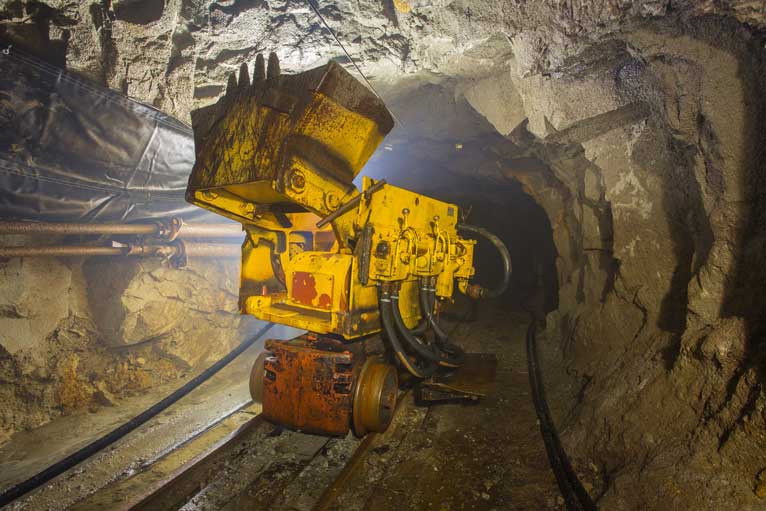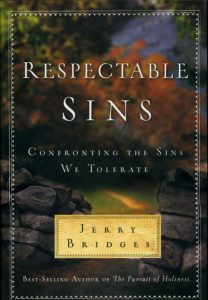Of the making of books in our day there is certainly no end—Solomon’s dictum has never been more relevant. No matter how convinced you are of the value of reading you will never be able to read it all—and even if you could, you shouldn’t. Not all books are worth reading. Leaving aside the positively perverse, the sheer volume of choices on offer demands some principle of selection.
One method would be to read only those books that agree with what you already think and believe. Now of course we all know that we don’t agree completely even with ourselves from one year to the next. The way this approach often works in practice is somewhat like a weighted multiple choice test—so many wrong answers and the book is judged worthless. I would submit that such an approach, though often pursued with the best of motives, is always insufficient and often counter-productive.
You do not judge a gold mine based on how much of the rock in the shafts is not gold but on how much gold is in the rock. All mines contain more rock than gold. That is the nature of a mine. The question to be answered is whether it contains enough gold to make the labour of extracting it profitable with the equipment that you have on hand to do the job. Just as a productive gold mine is often worth working despite the darkness, difficulty, and even danger found in some of the shafts, so a book is often worth reading in spite of flaws that at points can seem frighteningly glaring. The cobwebs in the mine might be avoided by staying on the surface but that would hardly be a worthwhile exchange.
Now I would hasten to add that many books are simply worthless. It is no use to talk about chewing the meat and spitting out the bones if there is no meat to begin with. Not every hole in the ground is a gold mine. Other books, regardless of the good they might contain in places are too full of poison to make that good worth extracting. Some mines are so dangerous that no amount of ore could make them worth the risk of entrance. In evaluating books, as in evaluating mines, there is always more than one factor to take into account.
Check back next Tuesday for the conclusion of our article!



